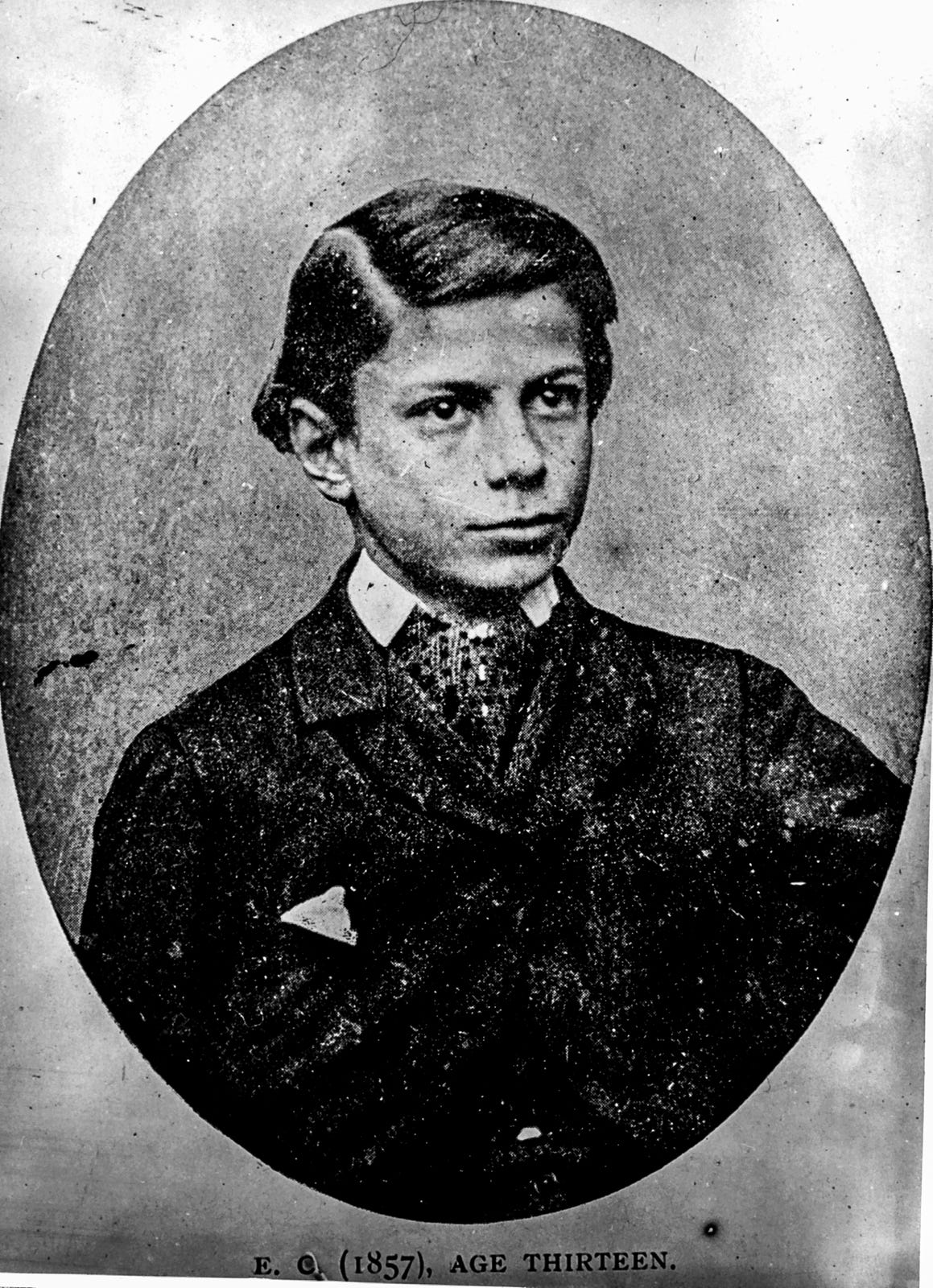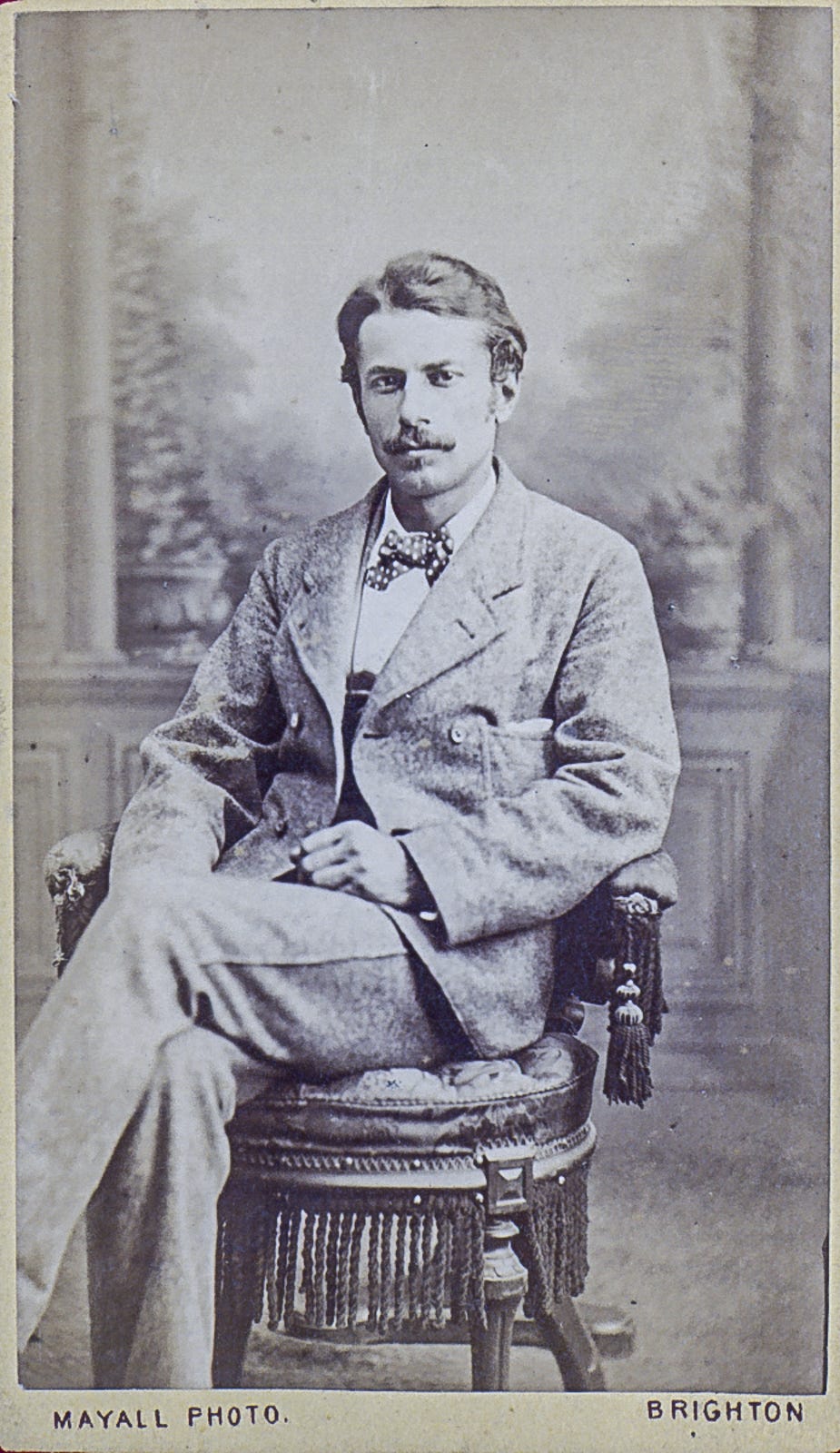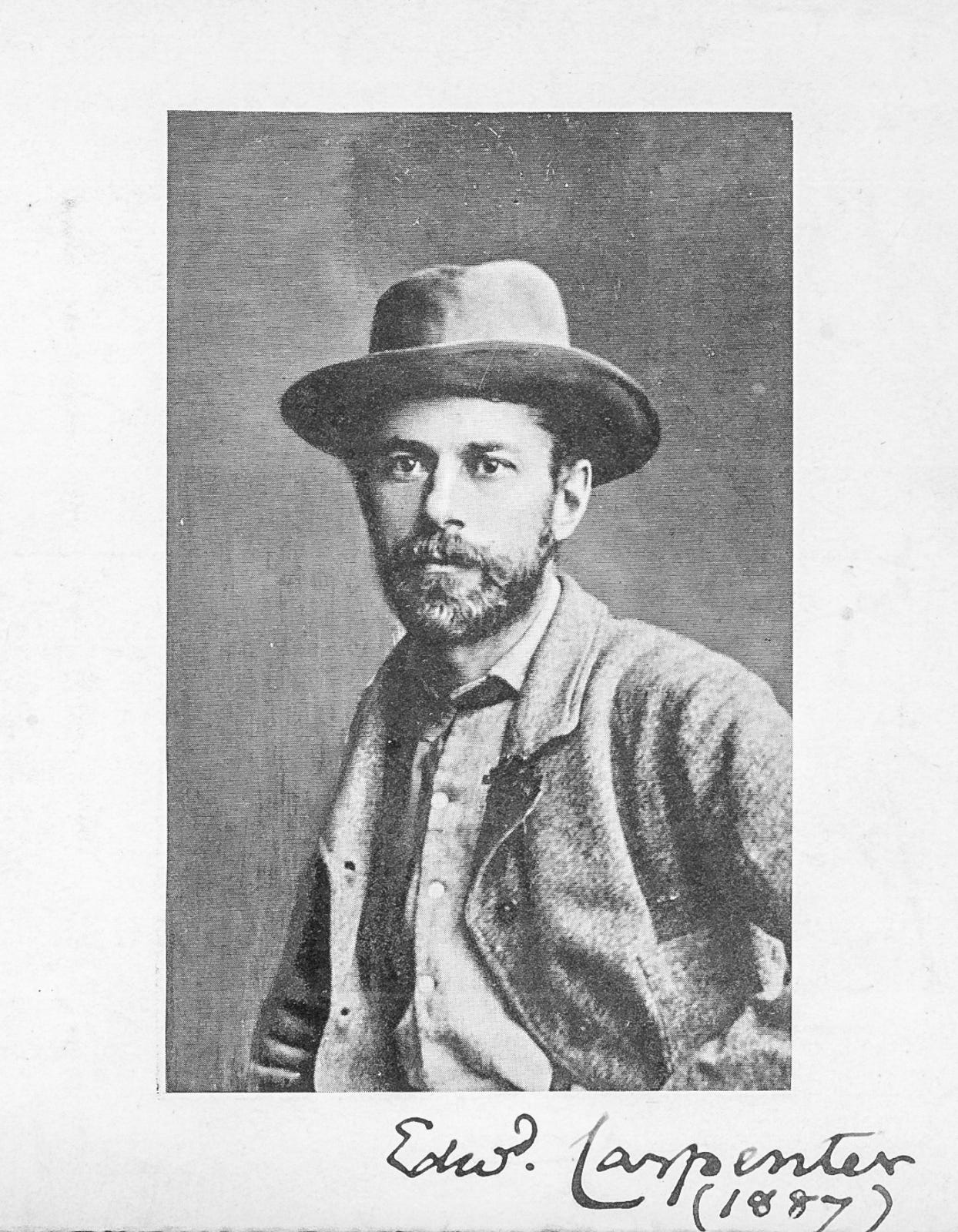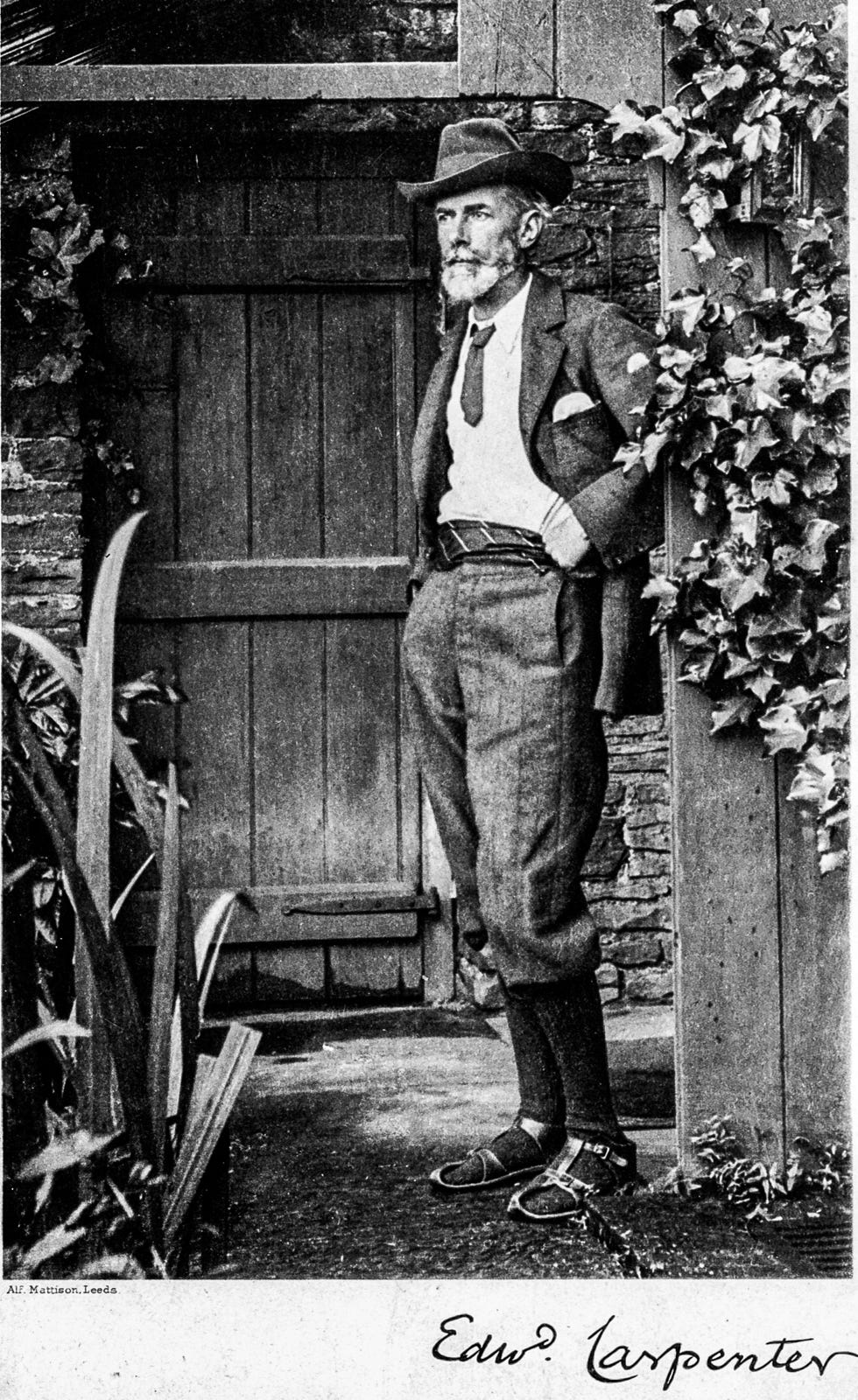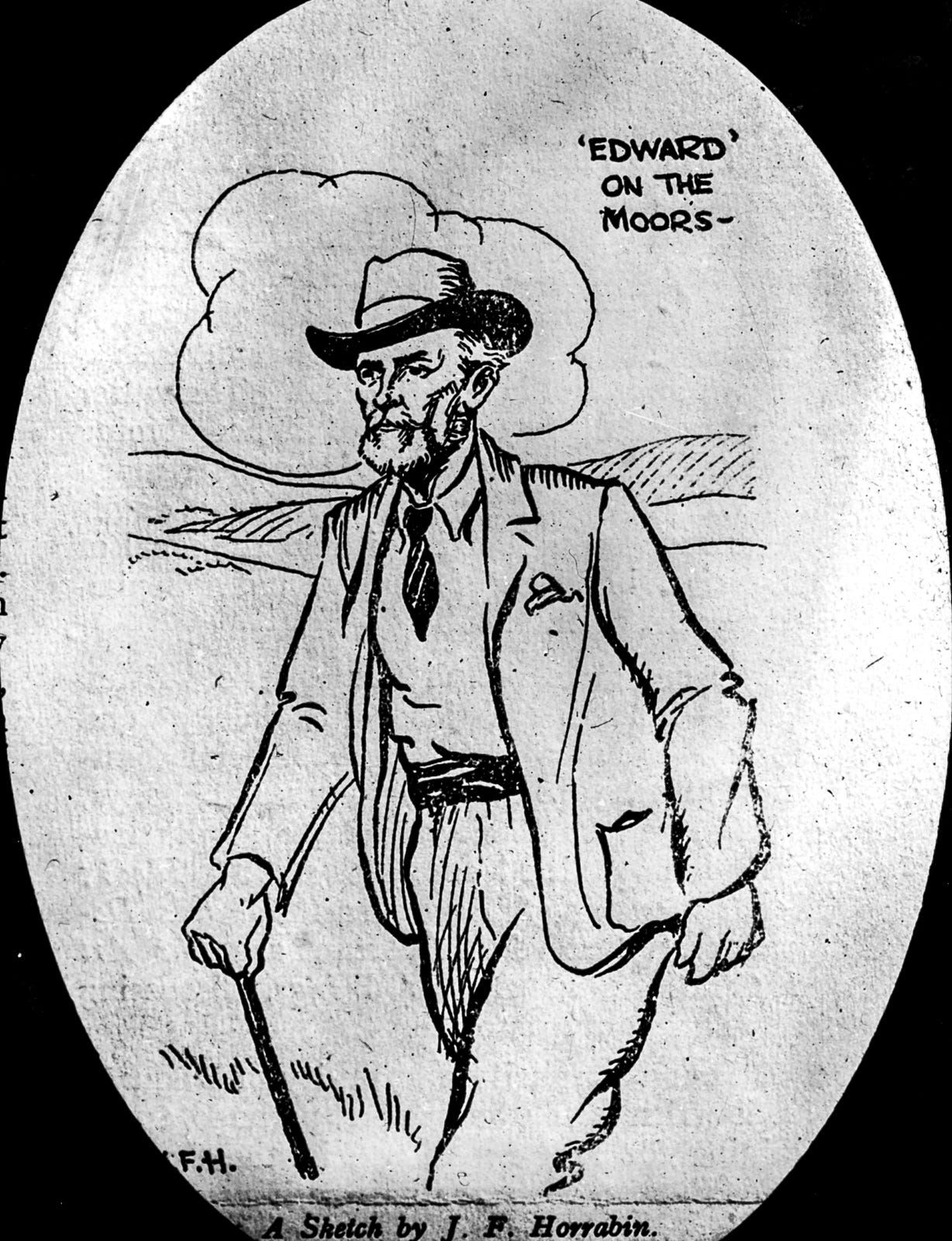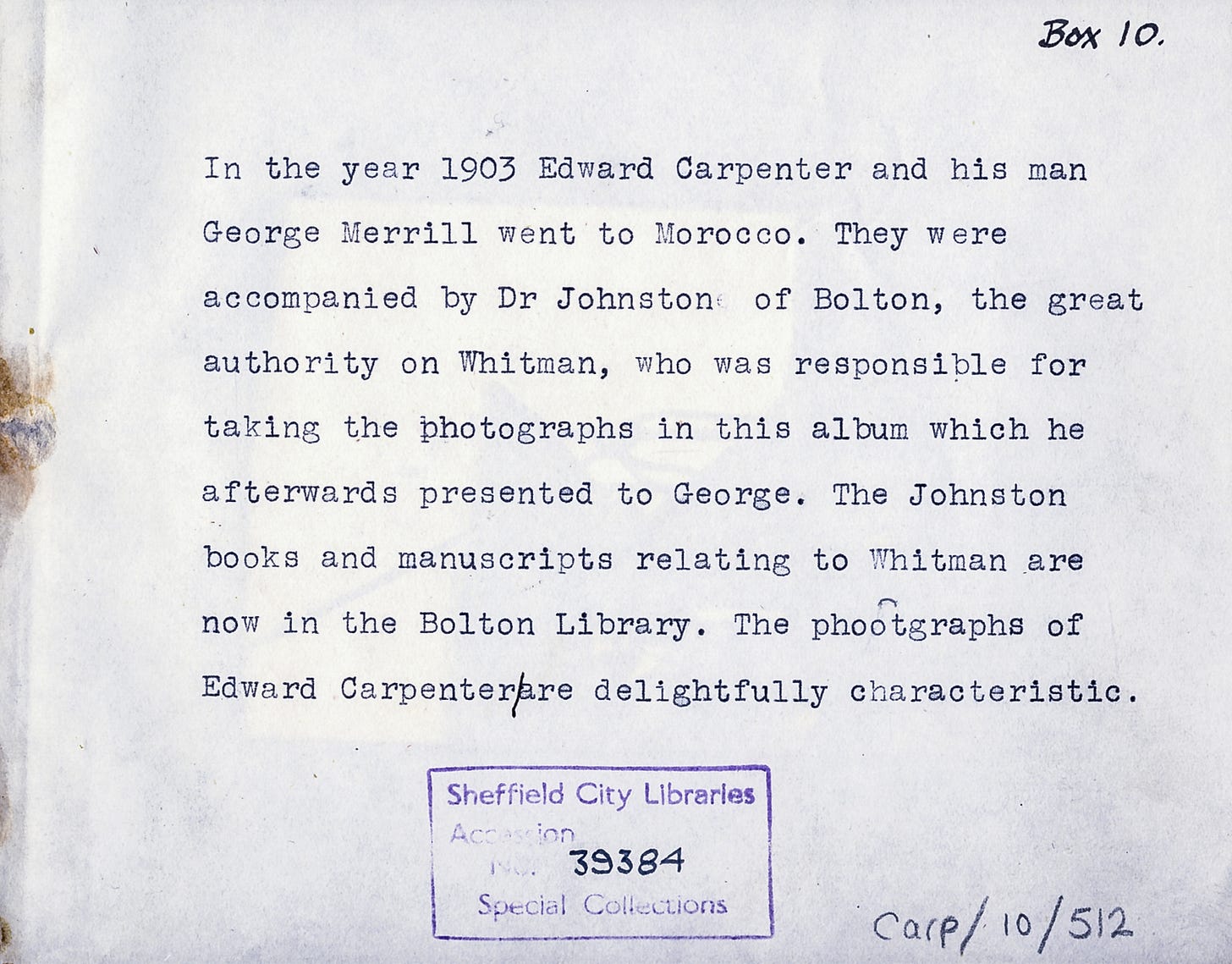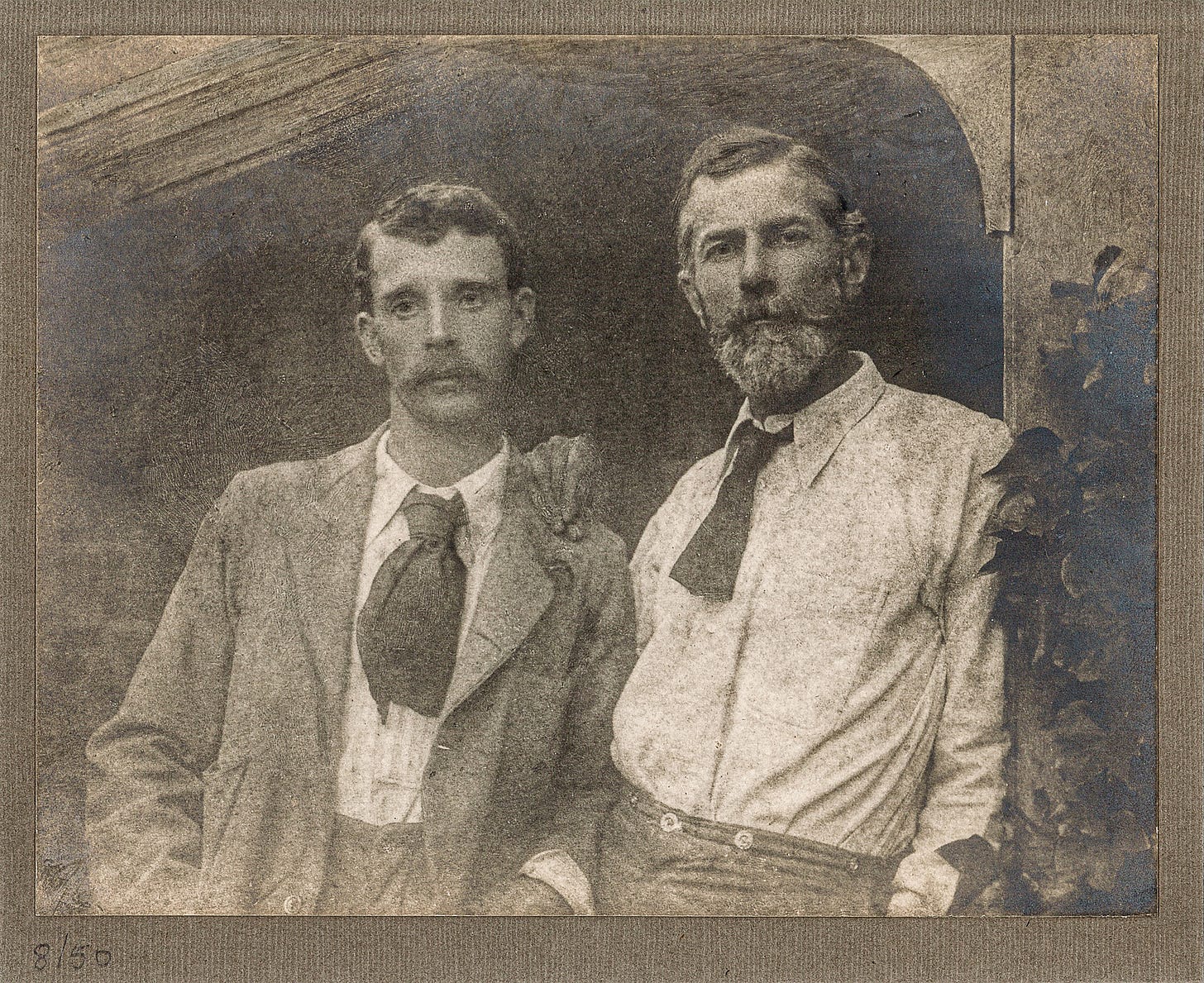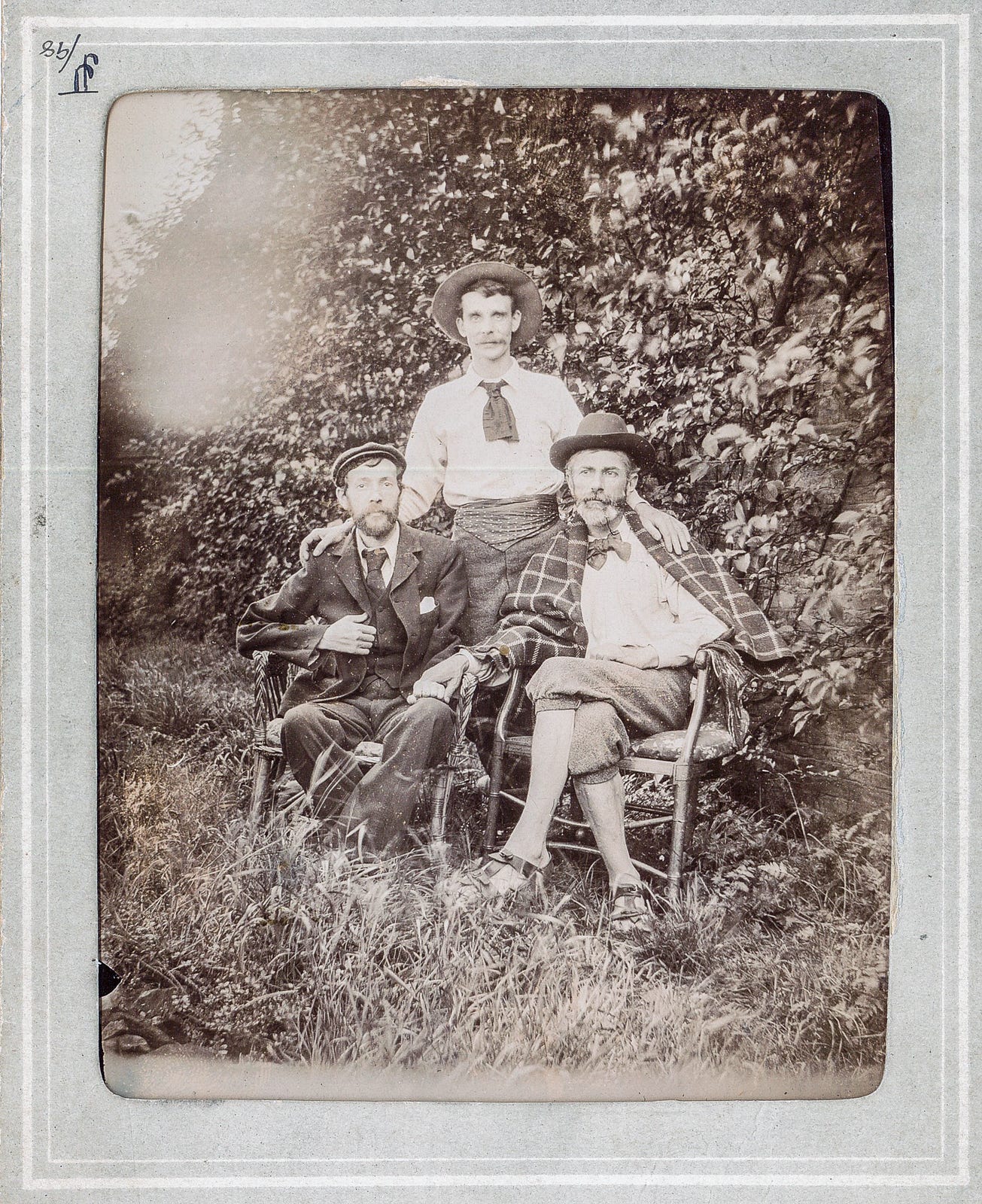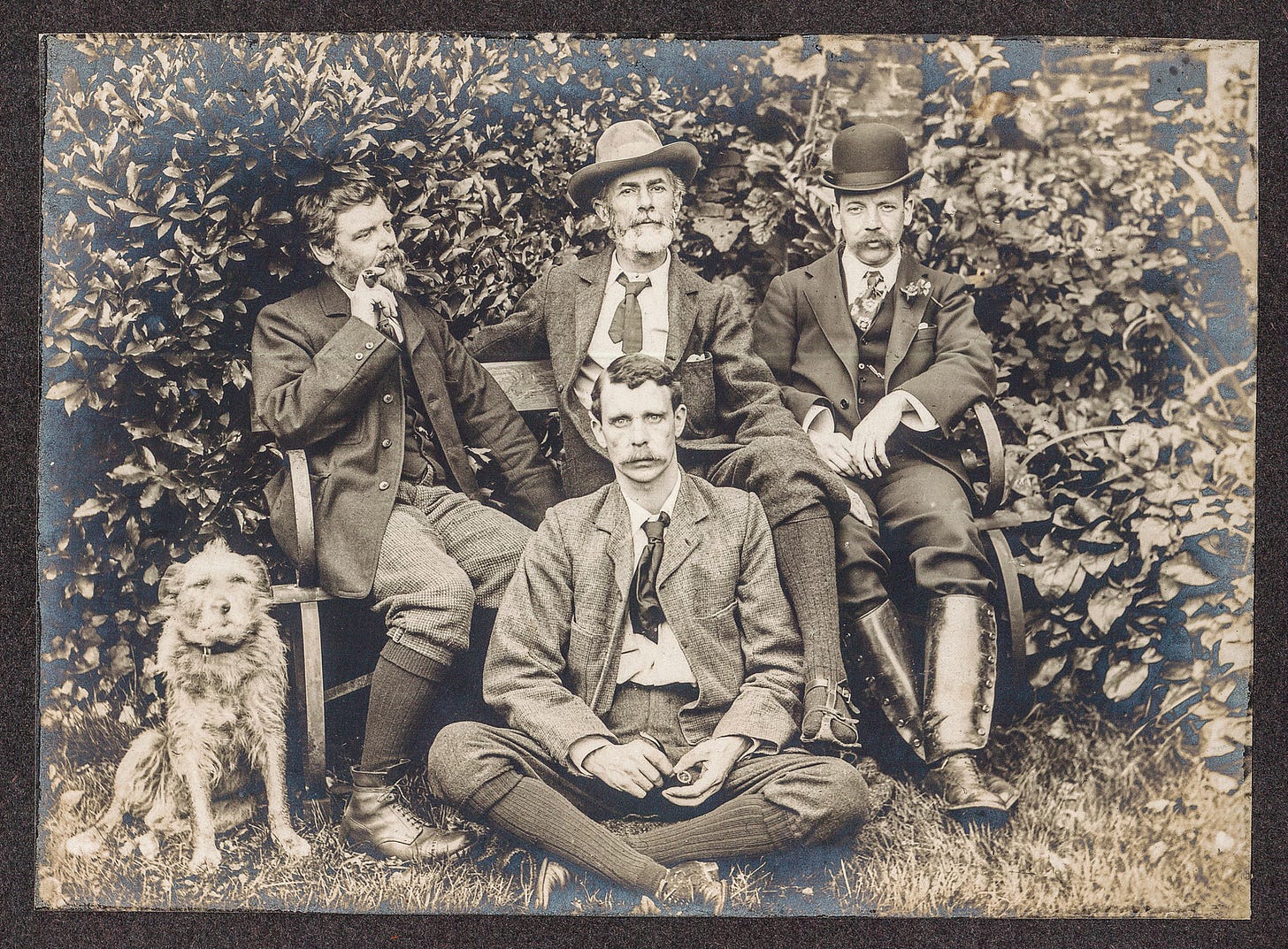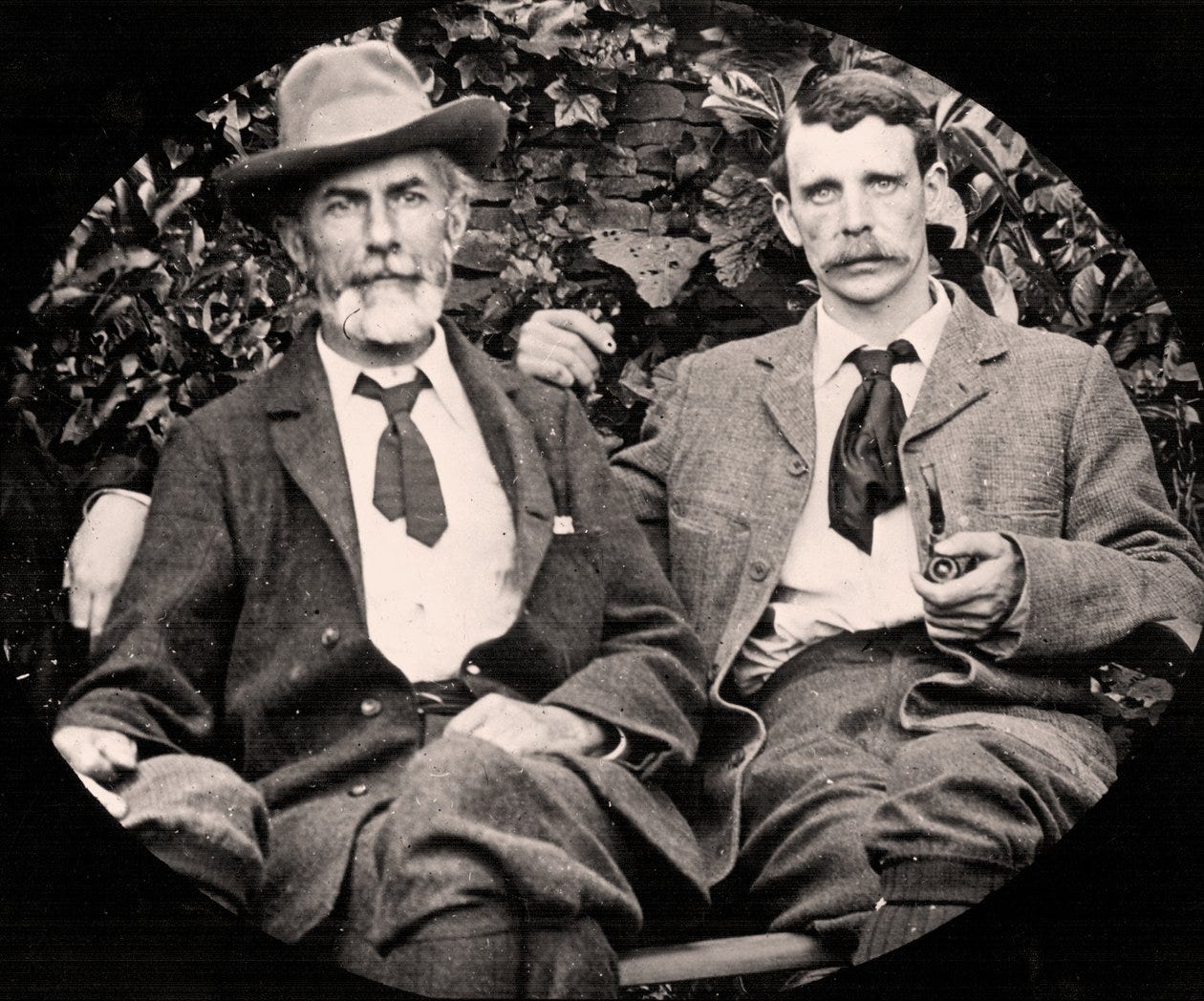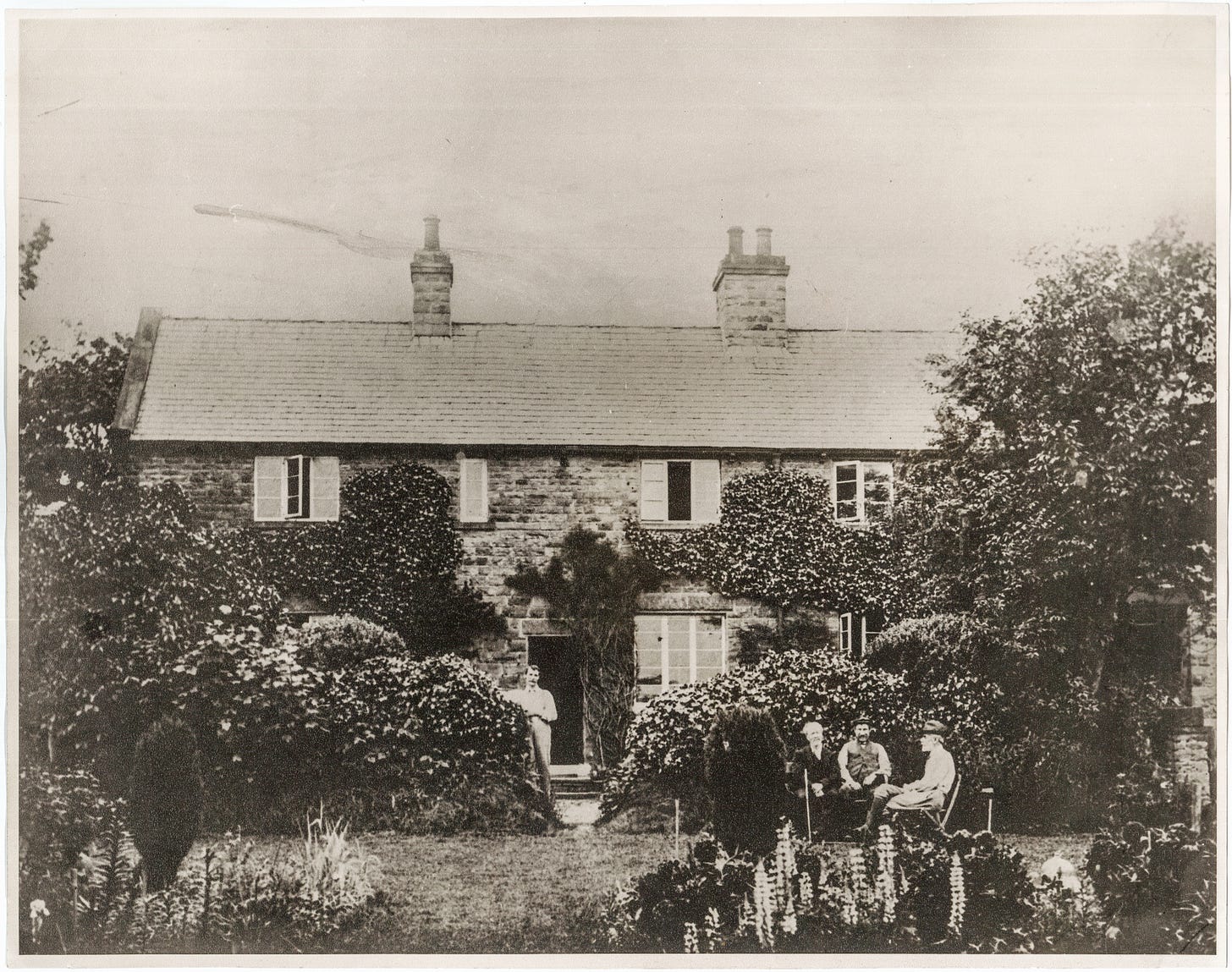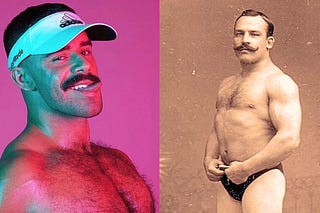
EDWARD CARPENTER
(August 29, 1844 - June 28, 1929)
“Anyone who realises what Love is, the dedication of the heart, so profound, so absorbing, so mysterious, so imperative, and always just in the noblest natures so strong, cannot fail to see how difficult, how tragic even, must often be the fate of those whose deepest feelings are destined from the earliest days to be a riddle and a stumbling-block, unexplained to themselves, passed over in silence by others.”
Edward Carpenter, The Intermediate Sex
Long before the Stonewall Riots sparked the modern LGBTQ rights movement, Edward Carpenter was living openly as a gay man, advocating for equality and redefining what was possible even in a deeply repressive era.
Carpenter was a poet, philosopher, socialist, and early gay rights activist who defied Victorian norms and envisioned a world where love and identity could exist freely, without shame.
His writing championed a utopian vision of social and sexual liberation, influencing generations of activists, advocates, tastemakers, and thought leaders.
Born into a middle-class English family, Carpenter rejected society’s rigid expectations, drawn to the work of Henry David Thoreau and Walt Whitman.
Carpenter embraced a nature-focused life, eventually settling in the countryside with his lifelong partner, George Merrill. Their relationship was groundbreaking at a time when homosexuality was still a criminal offense in Britain.
Merrill was not only Carpenter’s lover but also his muse, inspiring some of his most profound writings on love, desire, and human connection.
Carpenter’s literary legacy is vast and includes:
The Intermediate Sex (1908) was revolutionary, presenting homosexuality as a natural and essential part of human diversity rather than a moral failing.
Love’s Coming of Age (1896) explored progressive ideas on relationships, free love, and gender equality.
Towards Democracy (1883–1902), his epic prose-poem series, channeled Whitman’s influence, blending mysticism with a call for social change.
His works not only shaped early LGBTQ+ discourse but also influenced figures like D.H. Lawrence and E.M. Forster, whose novel Maurice was directly inspired by Carpenter and Merrill’s relationship.
Despite living in an era of repression, Carpenter boldly embraced his truth, paving the way for future generations. Carpenter’s life and love for Merrill remain a beacon of hope for LGBTQ individuals and allies striving for a more open and equal world.
VINTAGE EPHEMERA + PHOTOS
RESOURCES
Edward Carpenter (Yorkshire TV) 📺
Edward Carpenter A Video Biography (switchingview) 📺
Edward Carpenter Collection (Sheffield City Council Library)




